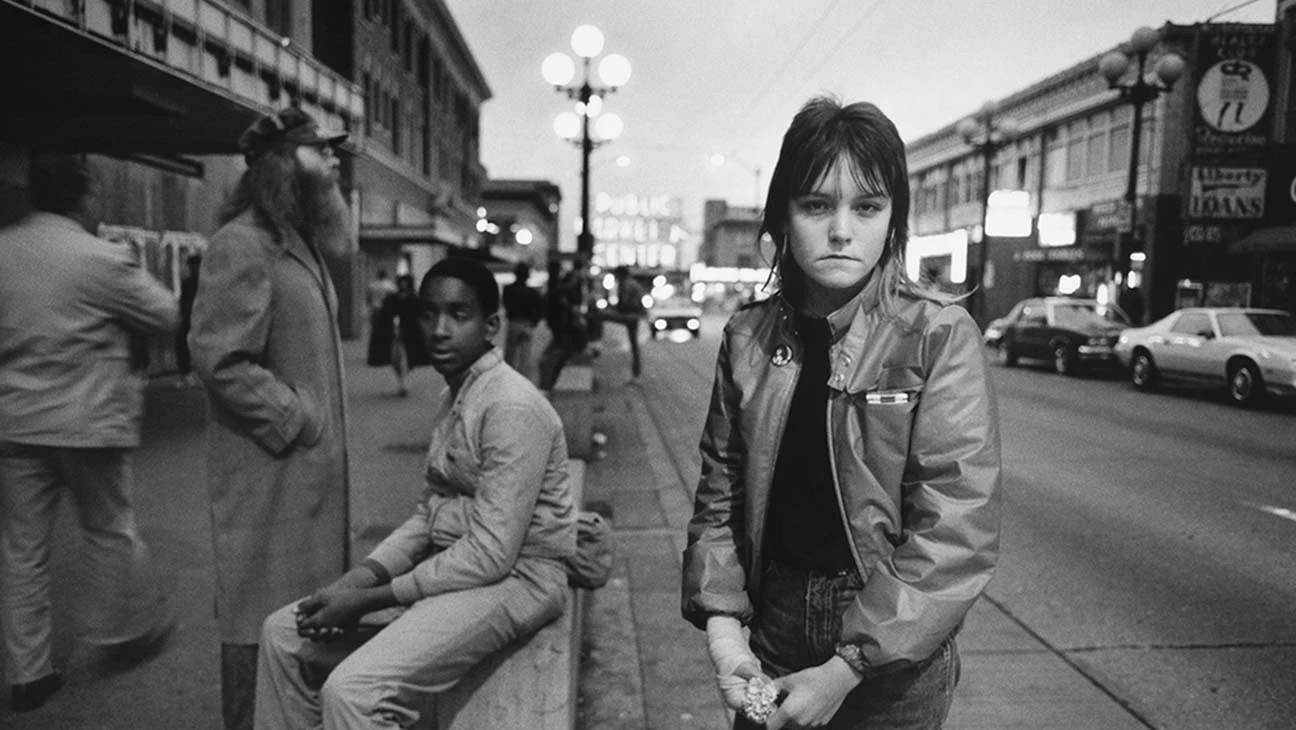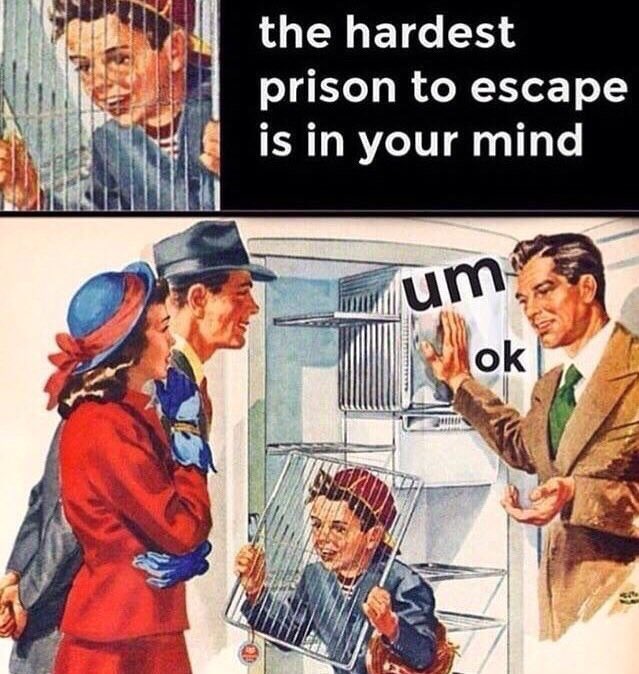 Literature, science fiction, and the fringe
Literature, science fiction, and the fringe
 Literature, science fiction, and the fringe
Literature, science fiction, and the fringe
by Don Carpenter
“When you lose you lose forever, an when you win it only lasts a second or two. That’s life. I aint lyin. I aint comin on. Why should I?” (pg. 208)
Hard Rain Falling is a shockingly complete debut novel. It searches in pool halls and prison cells and parenthood for the meaning of the term “well adjusted.”
Don Carpenter’s prose is sharp and he has an undeniable sense of style—it’s no wonder he later found success as a writer in Hollywood. The novel opens with the bang from a starter pistol: the brief and conclusive arc of two dead-end types and how their intersecting paths produced the orphan Jack Levitt, protagonist. This prologue would be at home in a collection from Raymond Carver or Denis Johnson, master and apprentice of the down-and-out American short story. It’s also a brilliant contrivance to get things moving with pace and to give the reader a sense of intimacy with Jack.
This one was something else, too, the meanest-looking kid Billy had ever seen, with cold dead blue eyes, a head too large for his already large muscular body, blond curly hair, ruddy skin—just plain mean-looking, that was all. (pg. 40)
What follows is broken into three main acts: (i) the easygoing but far from carefree life of a juvenile delinquent, (ii) the inevitable incarceration, and (iii) an attempt at reformation. The first act is pacy and externally focused; the following two are meandering and introspective.

Streetwise (1984). Attribution: Mary Ellen Mark/Janus Films, via The Hollywood Reporter
Part I is reminiscent of Streetwise (1984), a gritty documentary on homeless kids in Seattle whose blissful ignorance counterbalances grim destitution. In a way, life is easy when you’re stuck at the bottom of the hierarchy of needs [1]. When there’s money in your pocket, spend it. When there isn’t, well, you have something within reach to work towards. No time for existential questions. This lifestyle is a simple and natural implementation of the late Ted Kaczynski’s power process [2] and it doesn’t fit into our complex industrialized world. Living it lands Jack in prison.

Attribution: Meme, Public Domain
Incarcerated, in the second act Hard Rain Falling diverges from its previous course. Jack has been sucked into the meat grinder and Carpenter starts experimenting. Snappy dialogue-driven chapters are supplanted by thorough character examinations and street philosophy. A prominent and surprising (depending on which blurbs you read beforehand) storyline of confused and conflicted gay love emerges. It’s all a part of Jack’s search for how to exist within, not against, society. To do this he first needs to learn to live with himself.
By then he would realize that the freedom he had always yearned for and never understood was beyond his or any man’s reach, and that all men must yearn for it equally; a freedom from the society of mankind without its absence; a freedom from connection, from fear, from trouble, and above all from the loneliness of being alive. (pg. 294)
Carpenter’s success in these experiments makes Hard Rain Falling more than just an enjoyable weekend read or crime/gay genre piece. It’s rare for a novel to explicitly address such an ambitious topic without the whole piece unraveling. While Hard Rain Falling does get a little frayed here and there, altogether it maintains its integrity and original appeal.
[2] From Industrial Society and its Future: “Human beings have a need (probably based in biology) for something that we will call the ‘power process.’ This is closely related to the need for power (which is widely recognized) but is not quite the same thing. The power process has four elements. The three most clear-cut of these we call goal, effort and attainment of goal. (Everyone needs to have goals whose attainment requires effort, and needs to succeed in attaining at least some of his goals.) (paragraph 33)”
◂ prev: Jun 2023 |
next: Jul 2023 ▸ |
Of Human Bondage
(1915)
by W. Somerset Maugham
|
A Fan's Notes
(1968)
by Frederick Exley
|